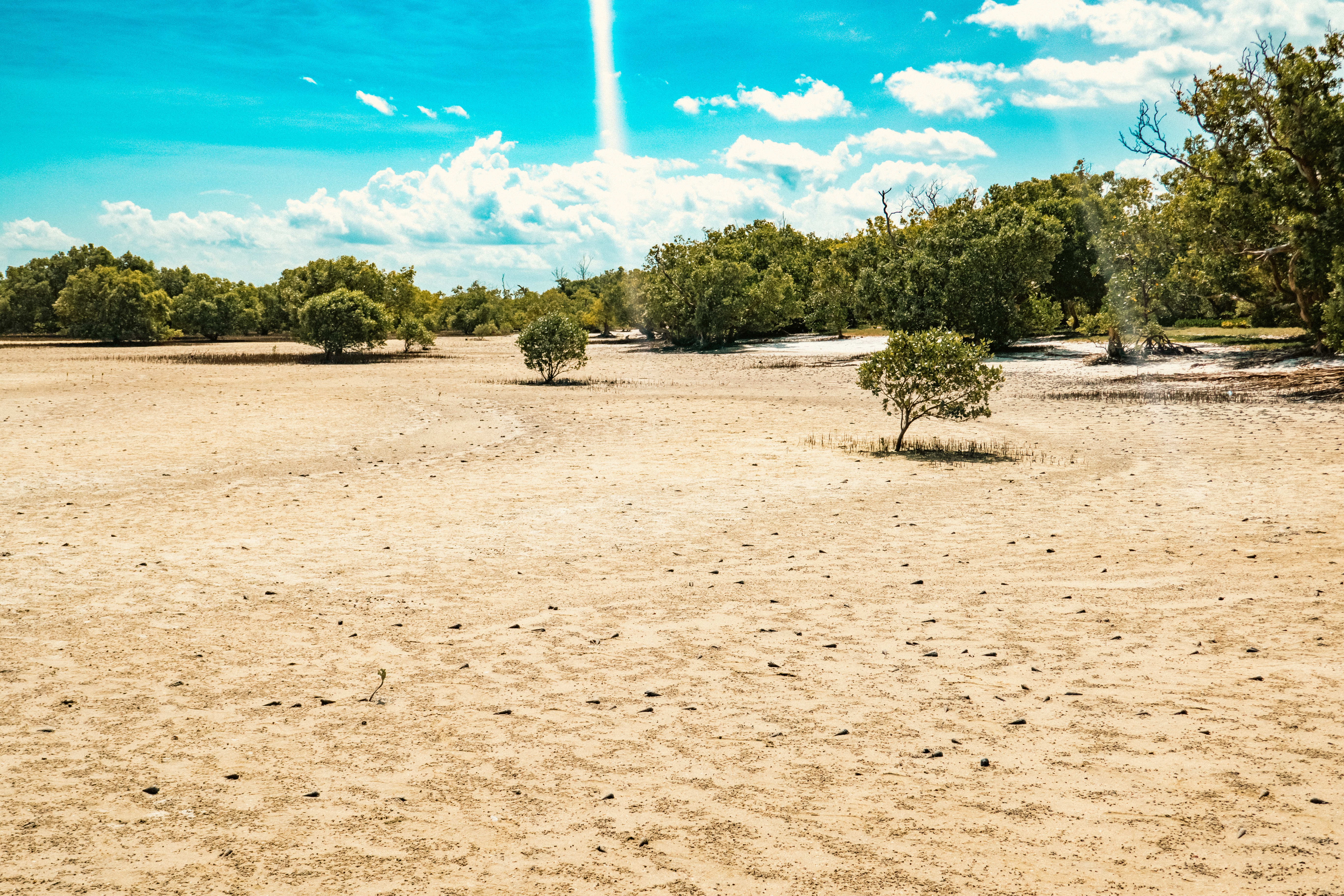
In Kenya, forested landscapes, especially watersheds, regulate river flows, store rainwater, and improve soil fertility for agriculture. However, the country is experiencing landscape degradation and desertification, reducing the ability of forests to provide environmental services and regulate climatic conditions. Deforestation and unsustainable land use are major contributors to land degradation. Intensifying droughts caused by climate change are also affecting the productivity of the land, increasing food insecurity. The Tana and Athi River basins are essential for croplands with significant potential for improved water storage capacity to support a regional population of 15.8 million.
PROGREEN is working with the Government of Kenya to develop tools and innovative financing mechanisms for improved landscape management and the implementation of nature-based solutions (NBS). The country knowledge program focuses on priority watershed ecosystems, including the Tana and Athi river basins, and arid and semi-arid lands. PROGREEN's technical support will focus on geospatial and water storage analytics, strengthening watershed institutions, and improving watershed services. The knowledge products and subsequent exchanges aim to deepen understanding of the cross-cutting benefits of landscape restoration, considering various elements, including climate risks, biodiversity values, and the need for livelihood support.
In Fiscal Year 2024, the project team conducted a geospatial and water storage analysis in the Tana River upper catchment, specifically the Aberdare Mountain range and Mount Kenya. Following the assessment, a note was published identifying critical areas of intervention for the Kenya Water and Sanitation Services Improvement Project (KEWASIP), a joint project by the World Bank and the Government of Kenya in collaboration with counterpart agencies, including Kenya's NETFUND (National Environment Trust Fund) and the World Bank's Water Global Practice. Workshops were also organized to support the development of the National Ecosystem and Restoration Strategy 2022 and the integration of ecosystem services into the KEWASIP project. Additionally, PROGREEN support contributed to the review of existing payment for ecosystem services (PES) schemes to identify effective mechanisms for promoting sustainable land practices, with a focus on their contribution to livelihoods. PROGREEN activity has contributed to how the government approaches land sector strategies. They are now revising their tree cover strategy with more attention to ecosystems, livelihoods, and land degradation and committing to increasing forest cover from 10 percent to 30 percent.